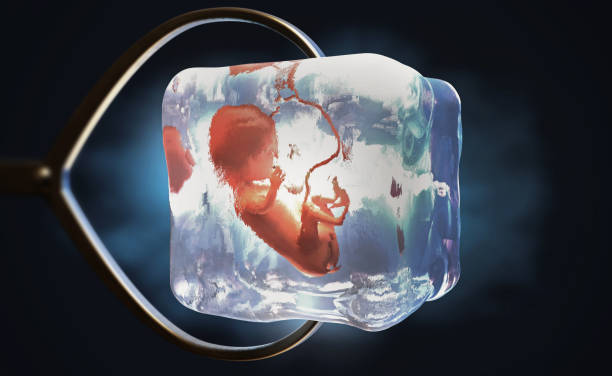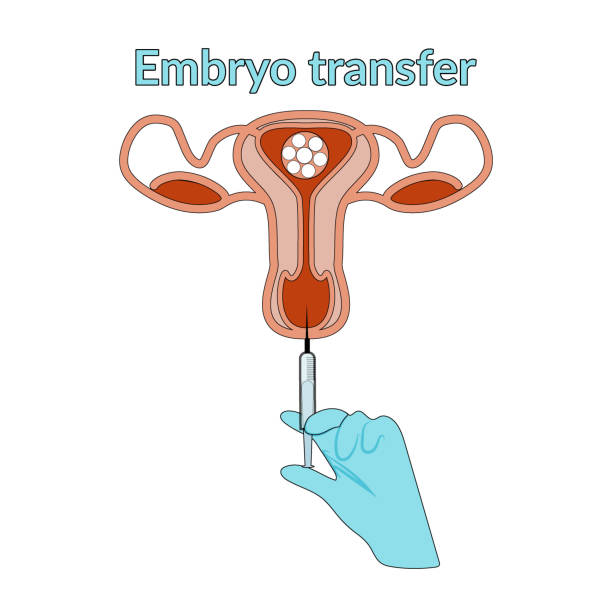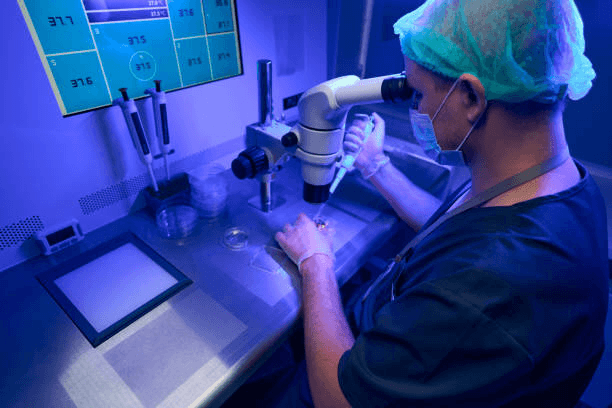Frozen embryo transfer after egg retrieval is an important step in the IVF journey, and one that often raises many questions for couples. Should the transfer be immediate? Is waiting for a few weeks normal? And does this waiting period affect the chances of success?
At Saraogi Hospital and IRIS IVF Centre, specialists take a structured and scientific approach to ensure that every transfer is timed for the best results. This leading IVF centre in Mumbai is known for combining advanced reproductive techniques with compassionate care, giving patients the reassurance that each stage is managed with precision.
As Dr. Mohit Saraogi, a highly experienced IVF doctor in Mumbai, explains,
“The success of IVF does not depend on rushing through each step. Timing and the health of the uterus and embryo matter more than speed.”
With expert guidance, modern technology, and individualized treatment plans, Saraogi Hospital ensures that the journey from egg retrieval to embryo transfer is handled with the utmost care, maximizing the chances of a successful pregnancy.
Let’s clear up the confusion about waiting times.
Is it normal to wait for a few weeks after egg retrieval before a frozen embryo transfer?
Yes, it is completely normal. After egg retrieval, the body goes through hormonal stimulation, which can sometimes affect the uterine lining. Transferring an embryo immediately in such a scenario may not provide the most favorable environment.
That is why many fertility specialists recommend waiting until the uterine lining returns to its natural state. A short waiting period allows the body to heal and prepare for the transfer, improving implantation chances.
Ensure your body is ready before transfer. Speak with an IVF doctor to know the right time for your treatment.
Here’s why many specialists choose frozen transfer over fresh.
Frozen embryo transfer
A frozen embryo transfer is often suggested for medical and clinical reasons. Doctors may prefer it over a fresh transfer when:
- The uterine lining is not adequately prepared during the egg retrieval
- Hormonal levels are too high, which could lower implantation chances.
- The patient is at risk of ovarian hyperstimulation syndrome (OHSS).
- Genetic testing of embryos (PGT) is being done, which requires extra time.
Dr. Mohit Saraogi explains, “Every patient’s journey is different. Frozen embryo transfer gives flexibility and helps us choose the most favorable moment for implantation.”
By freezing embryos, specialists ensure that the transfer happens when the body is most receptive.
Wondering what causes irregular periods? Let’s find out.
When should I be concerned if my period or cycle feels irregular after egg retrieval?
Mild irregularities in the menstrual cycle are common after egg retrieval because of hormonal medications used during stimulation. However, persistent changes should not be ignored.
Possible causes of irregular period include:
- Hormonal fluctuations post-stimulation
- Stress or anxiety after treatment
- Underlying conditions like PCOS or thyroid disorders
Most changes settle within one or two cycles, but if irregularities continue, it’s important to consult your fertility expert.
Notice irregular periods after retrieval? Don’t wait—discuss your symptoms with an IVF doctor for proper guidance.
Try these proven steps.
What can I do to improve my chances of success before a frozen embryo transfer?
Preparing your body and mind before transfer can make a significant difference. Here are key steps:
- Maintain a healthy diet: Focus on whole grains, proteins, and leafy greens.
- Stay active: Gentle exercises and yoga improve blood circulation.
- Manage stress: Mindfulness or counseling can reduce emotional strain.
- Avoid alcohol and smoking: Both can reduce success rates.
- Follow medical instructions: Take prescribed supplements and medications consistently.
Many fertility experts highlight that lifestyle changes can optimize the uterus for implantation. Small adjustments in daily routine can maximize success rates.
Consult an experienced IVF doctor to discuss whether a frozen embryo transfer is the right step for you
Conclusion
The journey of IVF is filled with important decisions, and one of the most crucial is timing the frozen embryo transfer after egg retrieval. Waiting for a few weeks is not only normal but often beneficial. Whether it’s to stabilize hormones, allow the uterine lining to recover, or wait for genetic testing results, a well-planned transfer gives the embryo the best chance to implant.
Saraogi Hospital, with its dedicated team and advanced facilities, focuses on ensuring every patient receives treatment at the right time. As Dr. Mohit Saraogi emphasizes, “Patience and planning can make a significant difference in the success of fertility treatments.”
Frequently Asked Questions
How long after egg retrieval can a frozen embryo transfer be done?
It is usually performed after one or more menstrual cycles, depending on how quickly the body recovers.
Can I do a pregnancy test 3 days post-frozen embryo transfer?
No, too early. Testing at this time won’t give you accurate results; wait for at least 9–12 days post-transfer.
What happens if a frozen embryo transfer fails?
If the first attempt is unsuccessful, doctors analyze possible reasons such as embryo quality, uterine lining, or hormonal factors, and then plan the next cycle with necessary adjustments.
Is post-embryo transfer cramping one of the negative signs after embryo transfer?
No. Light cramps are normal and could mean uterine adaptation or early implantation.
How many embryos are usually transferred in a frozen cycle?
The number varies depending on age, embryo quality, and medical history. In many cases, doctors recommend transferring a single high-quality embryo to reduce the risk of multiple pregnancies.
Disclaimer: The information shared in this content is for educational purposes only and not for promotional use.





